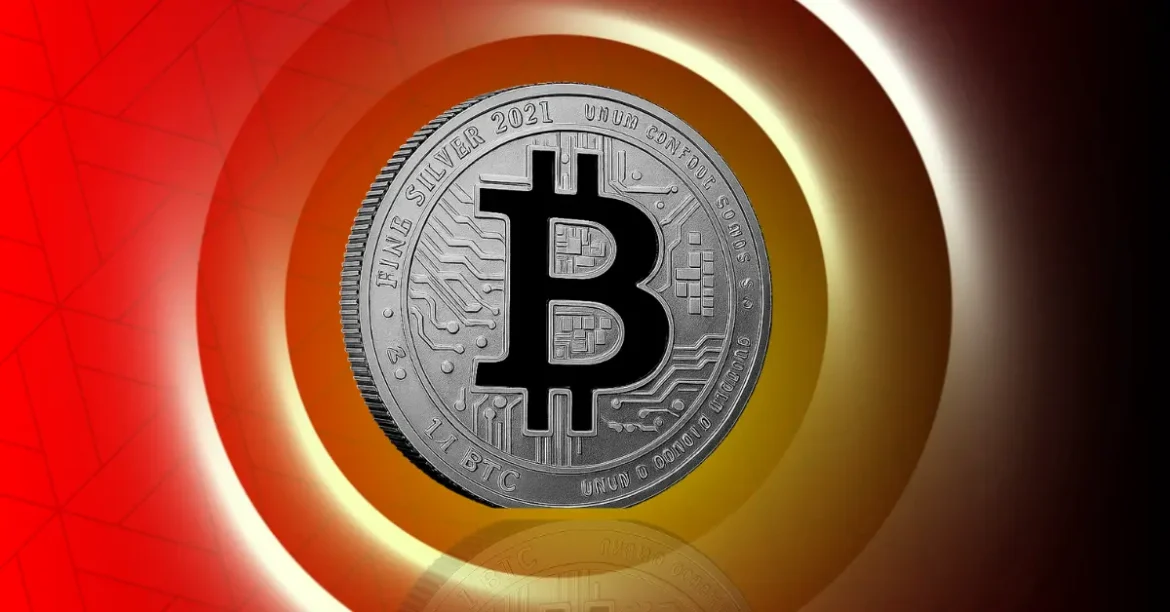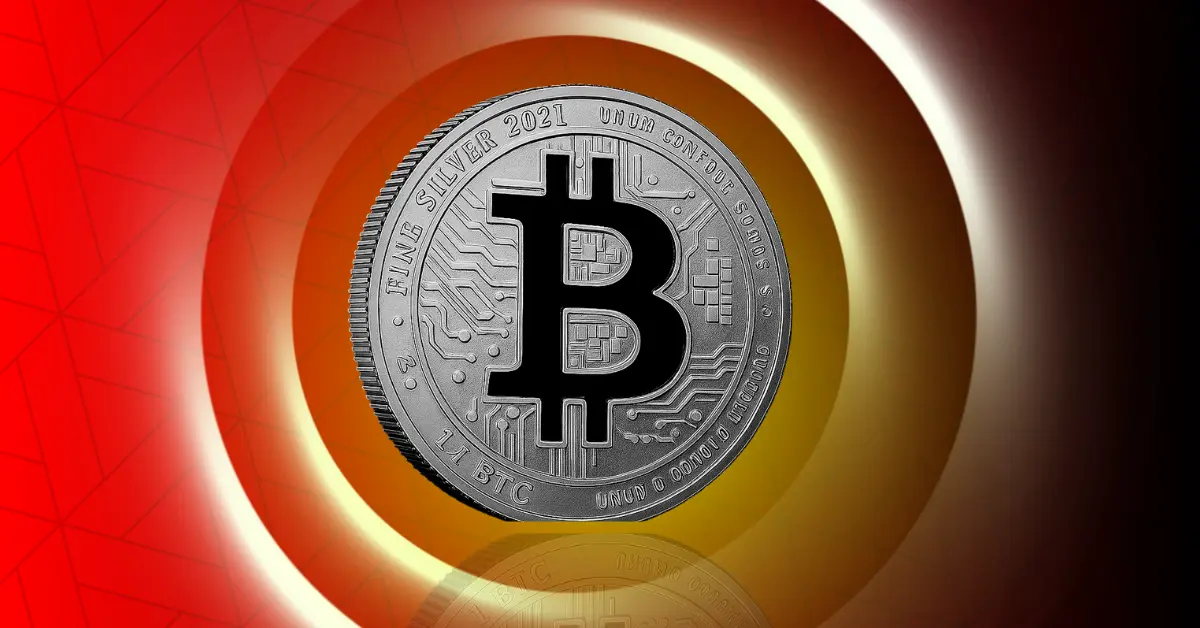Invesco’s Strategic Crypto Investment: A Deep Dive into Institutional Adoption
The financial landscape is undergoing a significant shift, marked by increasing institutional acceptance of digital assets. Recent developments highlight Invesco’s commitment to this evolving market, underscored by the appointment of Kathleen Wrynn, a veteran from JP Morgan, to lead its $1.6 billion crypto division. This move isn’t isolated; it’s a key indicator of a broader trend – the mainstreaming of cryptocurrency and the strategic positioning of major financial players to capitalize on its growth. This report analyzes the implications of Invesco’s decision, the context of growing institutional interest, and the role of key personnel in navigating this new financial frontier.
The Invesco-JP Morgan Connection: A Signal of Intent
Invesco, a global asset manager with approximately $1.8 to $1.9 trillion in assets under management (AUM), has made a decisive move by entrusting Kathleen Wrynn with the leadership of its burgeoning crypto business. Wrynn’s background at JP Morgan, specifically within its blockchain division, is crucial. Her experience supporting product development within the Web3 ecosystem positions her uniquely to steer Invesco’s digital asset strategy. The $1.6 billion portfolio under her management encompasses a range of crypto ETFs and tokenized assets, including three Blockchain and Crypto Ecosystem ETFs and three Global Spot Cryptocurrency ETFs.
This appointment isn’t merely about allocating resources; it’s about acquiring expertise. JP Morgan, despite past skepticism from CEO Jamie Dimon, has increasingly acknowledged the importance of digital assets, even exploring offering financing against Bitcoin and crypto ETFs. Wrynn’s transition represents a flow of talent from a traditionally cautious institution to one actively embracing the crypto space, signaling a maturing market. The fact that other JP Morgan executives are also leaving for crypto firms further reinforces this trend.
Institutional Adoption: Beyond the Hype
The timing of Invesco’s move is critical. The crypto market, particularly Bitcoin, has experienced a resurgence, driving renewed interest from institutional investors. Reports indicate that a substantial 86% of institutional investors are planning some form of exposure to digital assets by 2025. This isn’t simply speculative investment; it’s a strategic diversification play, driven by the potential for high returns and a recognition of the evolving financial landscape.
Furthermore, the increasing sophistication of crypto investment products, such as ETFs, is making it easier for institutions to gain exposure without the complexities of direct ownership. JPMorgan’s recent plans to accept Bitcoin ETFs as collateral for loans and to consider crypto holdings when assessing client net worth demonstrate a growing comfort level with these instruments. The emergence of Bitcoin treasuries among over 120 public companies, many with no prior crypto connection, further validates the asset class.
The ETF Landscape: A Gateway to Crypto Investment
Exchange-Traded Funds (ETFs) are playing a pivotal role in bridging the gap between traditional finance and the crypto world. Invesco’s focus on crypto ETFs, managing a $1.6 billion portfolio in this area, highlights the importance of these products. ETFs offer several advantages for institutional investors: liquidity, transparency, and regulatory compliance. They allow institutions to gain exposure to crypto assets without the operational challenges of custody and security.
The recent approval of spot Bitcoin ETFs in the US has been a watershed moment, opening the floodgates for institutional investment. JPMorgan’s move to accept these ETFs as collateral underscores their growing acceptance as legitimate financial instruments. The competition in the ETF space is intensifying, with firms like Grayscale actively seeking to strengthen their teams with experienced professionals, as evidenced by their recent hiring of an Invesco veteran.
Navigating the Regulatory Maze
While institutional adoption is accelerating, the regulatory landscape remains a significant challenge. The lack of clear and consistent regulations across jurisdictions creates uncertainty and hinders broader investment. However, the increasing engagement of regulators with the crypto industry suggests a move towards greater clarity.
Invesco’s decision to bring on a seasoned executive like Kathleen Wrynn, with experience navigating the complexities of blockchain technology and regulatory frameworks, demonstrates a proactive approach to managing these risks. Her expertise will be invaluable in ensuring that Invesco’s crypto operations comply with evolving regulations and maintain the highest standards of governance.
The Broader Financial Ecosystem: JP Morgan’s Evolving Stance
The narrative surrounding JP Morgan’s involvement in the crypto space is particularly noteworthy. Historically, Jamie Dimon has been a vocal critic of Bitcoin, dismissing it as a speculative asset. However, the bank’s actions tell a different story. From exploring blockchain applications to offering crypto-related services to clients, JP Morgan is quietly positioning itself as a key player in the digital asset ecosystem.
The appointment of Kathleen Wrynn to Invesco, coupled with JPMorgan’s plans to offer financing against crypto ETFs, suggests a pragmatic shift in strategy. The bank recognizes the growing demand for crypto services from its clients and is adapting to meet that demand, even if it means overcoming internal skepticism. This evolution reflects a broader trend within the financial industry – a reluctant but inevitable embrace of digital assets.
Conclusion: A New Era of Financial Integration
Invesco’s strategic investment in its crypto division, spearheaded by Kathleen Wrynn, is a powerful signal of the changing financial landscape. It’s not simply about chasing short-term gains; it’s about positioning the firm for long-term success in a world increasingly shaped by digital assets. The confluence of factors – growing institutional adoption, the rise of crypto ETFs, and the evolving stance of major players like JP Morgan – points to a new era of financial integration.
The $1.6 billion question isn’t just about the size of Invesco’s crypto portfolio; it’s about whether traditional finance can successfully navigate the “wild west” of crypto. By bringing in experienced leadership and embracing innovative investment products, Invesco is making a compelling case that it can. The future of finance is undoubtedly digital, and Invesco’s move demonstrates a clear commitment to being at the forefront of that transformation.





